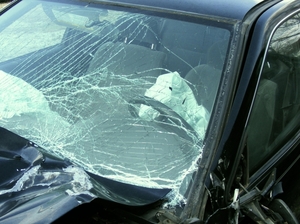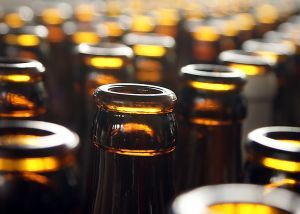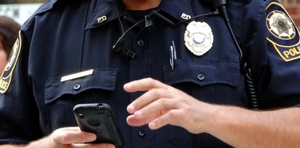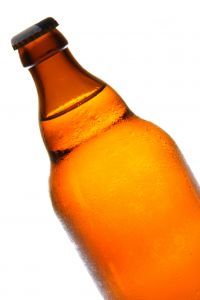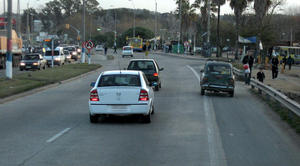Florida law requires drivers arrested for a DUI to take a breath, urine or blood test if the arrest is lawful and the officer has probable cause to believe you are under the influence of alcohol or drugs. Defendants may be asked to take more than one test and in order to be in compliance with the law, have to agree to all of them. 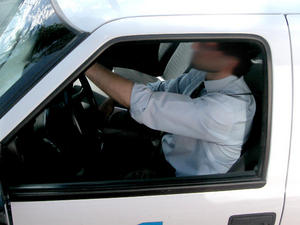
Refusal to submit to these tests will result in a one-year license suspension for the first-time offense, and that refusal could be used against you in criminal court.
There is much debate about whether refusal to testing actually helps a case. First of all, the license suspension is mandatory, regardless of whether you are later convicted of a Florida DUI. Also, the state is not required to show your blood-alcohol level was 0.08 percent or higher, which the legal limit for 21-and-over drivers. The state can use other circumstantial evidence to secure a conviction, including the fact that you refused the drug or alcohol testing. They might also point to officer observations of glassy eyes, slurred speech, the smell of alcohol or behaviors behind the wheel that might indicate intoxication. It’s worth noting too that in the event of an accident, investigators can force you to undergo alcohol testing involuntarily, so long as they first obtain a warrant signed by a judge for it.
Continue reading
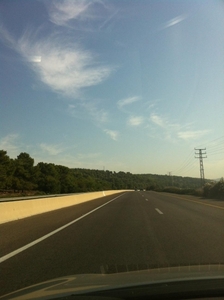
 Fort Lauderdale Criminal Attorney Blog
Fort Lauderdale Criminal Attorney Blog


